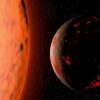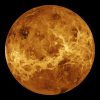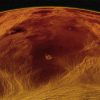Cool Places We Could Migrate to Beyond Earth0
- From Around the Web, Space
- August 27, 2021
Our solar system is home to some unusual places we could potentially migrate to if Earth were to die.
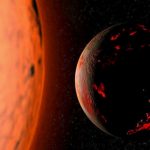
Our solar system is home to some unusual places we could potentially migrate to if Earth were to die.
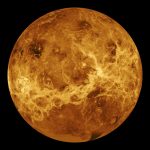
With a surface hot enough to melt lead, Venus has been left alone by space agencies for a decade. Now we are about to learn more about its climate – and the chances of life on other planets
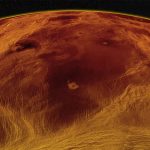
A new analysis of Venus’ surface shows evidence of tectonic motion in the form of crustal blocks that have jostled against each other like broken chunks of pack ice. The movement of these blocks could indicate that Venus is still geologically active and give scientists insight into both exoplanet tectonics and the earliest tectonic activity on Earth.
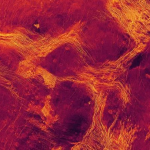
Venus may still be geologically active today, which could mean that Earth’s planetary sibling is a good place for scientists to learn about early Earth and faraway worlds.
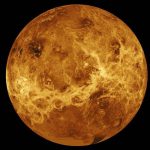
Dedicated to uncovering and understanding mysteries of the solar system, NASA’s Discovery program has spent nearly three decades exploring outer space with 20 missions. With an emphasis on innovative planetary missions, the program is now heading toward Earth’s closest neighbor: Venus.
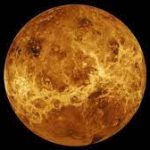
NASA announced plans on Wednesday to launch a pair of missions to Venus between 2028 and 2030 – its first in decades – to study the atmosphere and geologic features of Earth’s so-called sister planet and better understand why the two emerged so differently.

Data obtained by bouncing radio waves off Venus – treating it, as one scientist said, like a giant disco ball – is providing new insight into Earth’s closest planetary neighbor, including a precise calculation of the duration of a Venusian day.
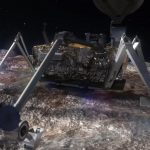
Fan-powered descents and nimble landing legs are just two ideas for touching down safely
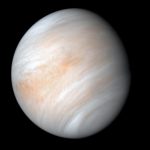
Findings in need of more proof include potential signs of life on Venus and Earth’s oldest parasites

New images taken by BepiColombo come at a time when interest in the second planet from the sun is at an all time high.
